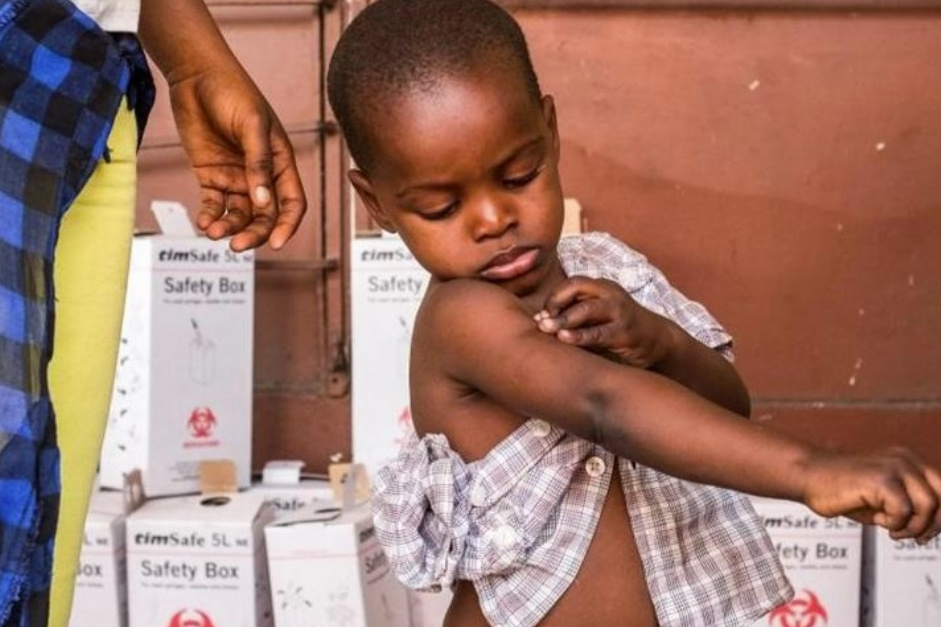Yellow Fever
Last Updated: 20 February 2023
 Yellow fever is an acute viral hemorrhagic disease transmitted by infected mosquitoes. Yellow fever has been reported in tropical and subtropical areas of Africa and South America. A small proportion of patients who contract the virus develop severe symptoms and approximately half of those die within 7 to 10 days.
Yellow fever is an acute viral hemorrhagic disease transmitted by infected mosquitoes. Yellow fever has been reported in tropical and subtropical areas of Africa and South America. A small proportion of patients who contract the virus develop severe symptoms and approximately half of those die within 7 to 10 days.
Risk & Prevention
- Vaccination is the most important tool to preventing yellow fever. The yellow fever vaccine is safe, affordable and a single dose provides life-long protection against yellow fever disease. A booster dose of yellow fever vaccine is not needed.
- The risk of yellow fever transmission in urban areas can be reduced by eliminating potential mosquito breeding sites, including by applying larvicides to water storage containers and other places where standing water collects
- Other precautionary measures for travelers to prevent dengue include using anti-mosquito sprays or lotions, and sleeping under a permethrin-treated bed net
Symptoms & Treatment
Once infected, the yellow fever virus incubates in the body for 3 to 6 days. Many people do not experience symptoms, but when these do occur, but the most common symptoms are:
- fever
- muscle pain with prominent backache
- headache
- loss of appetite
- nausea or vomiting
In most cases, symptoms disappear after 3 to 4 days. In a small percentage of patients, a toxic phase can occur within 24 hours of recovering from initial symptoms. High fever returns and several body systems are affected, usually the liver and the kidneys. In this phase people are likely to develop jaundice (yellowing of the skin and eyes, hence the name ‘yellow fever’), dark urine and abdominal pain with vomiting. Bleeding can occur from the mouth, nose, eyes or stomach.
Since yellow fever can present similar to many other diseases, it is important to seek medical care early for testing, examination and treatment.
There is currently no specific treatment for yellow fever. Early supportive treatment in hospitals improves survival rates with specific care to treat dehydration, liver and kidney failure, and fever. Associated bacterial infections can be treated with antibiotics.
Information for UN Staff
- UN Medical Directors Risk Mitigation Plan for Yellow Fever (English / French)
- WHO Yellow Fever FAQ's
